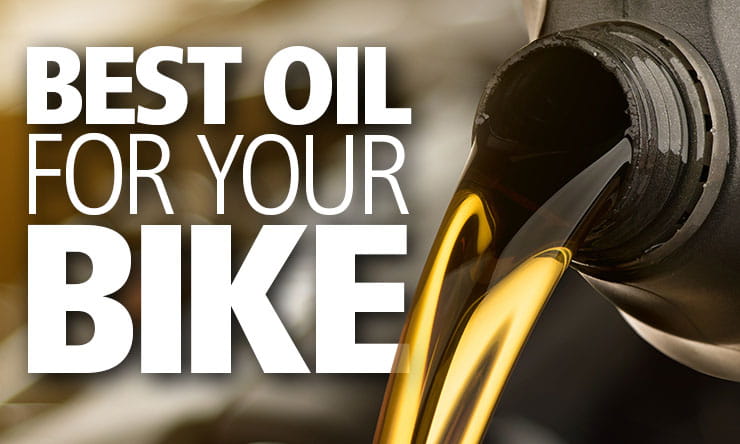Engine oil is a vital component in ensuring the smooth functioning and longevity of your vehicle’s engine. Choosing the right engine oil can help in minimizing friction, reducing wear and tear, and enhancing overall engine performance. But what exactly makes a good engine oil? Let’s explore the key characteristics that you should look for in engine oil.
Viscosity
The viscosity of engine oil refers to its resistance to flow. It is determined by the thickness and stickiness of the oil. Engine oil with a higher viscosity has a greater resistance to flow, while oil with a lower viscosity flows more easily. The ideal viscosity of oil depends on the engine’s design and operating conditions.
Thick, high viscosity oils are typically better at maintaining film strength to protect the engine at higher temperatures. On the other hand, low viscosity oils offer improved fuel economy and better cold weather starting performance. It is crucial to select engine oil with the recommended viscosity grade specified by the manufacturer for optimal engine protection and performance.

Credit: www.bennetts.co.uk
Viscosity Index
The viscosity index (VI) is another important factor to consider when choosing engine oil. It measures how the viscosity of oil changes with temperature variations. Oils with a higher VI tend to have a more stable viscosity across a wide range of temperatures. This means they provide consistent protection in both extreme cold and hot conditions.
A high viscosity index oil is particularly beneficial for engines that operate under varying temperatures or in extreme weather conditions. It ensures that your engine has proper lubrication regardless of the ambient temperature.
Thermal Stability
Good engine oil should exhibit excellent thermal stability, meaning it can withstand high operating temperatures without breaking down or losing its effectiveness. High-quality oils are formulated to resist thermal degradation, preventing the formation of harmful deposits and sludge.
By maintaining its stability under elevated temperatures, the oil can continue to protect the engine, reduce friction, and prevent premature engine wear. Ensuring that your engine oil has good thermal stability is essential for long-term engine health.
Oxidation Stability
Oxidation stability is closely related to thermal stability. It refers to the oil’s ability to resist oxidation, which occurs when the oil reacts with oxygen and breaks down chemically. Oxidation can lead to the formation of harmful sludge and deposits, reducing the oil’s performance and potentially causing engine damage.
A good engine oil should have high oxidation stability to maintain its effectiveness and integrity over time. This stability ensures that the oil does not degrade quickly, providing long-lasting protection for your engine and extending the time between oil changes.

Credit: www.cnet.com
Meeting Specifications
When selecting engine oil, it is important to consider the specifications set by manufacturers. The American Petroleum Institute (API) establishes standards and certifications that ensure the oil meets specific quality requirements. By choosing an oil that meets API specifications, you can be confident in its quality and performance.
Additionally, considering the manufacturer’s recommended viscometric specifications will help in choosing the right engine oil for your vehicle. These specifications take into account factors such as the engine design, climate, and driving conditions to ensure optimal lubrication and protection.
Conclusion
In conclusion, a good engine oil possesses characteristics such as the right viscosity, high viscosity index, thermal stability, and oxidation stability. It meets the necessary specifications set by industry standards and ensures adequate lubrication and protection for your engine.
Choosing the right engine oil can significantly impact the performance and lifespan of your vehicle’s engine. It is always recommended to refer to the manufacturer’s recommendations and use high-quality oils from reputable brands.
Read More:


